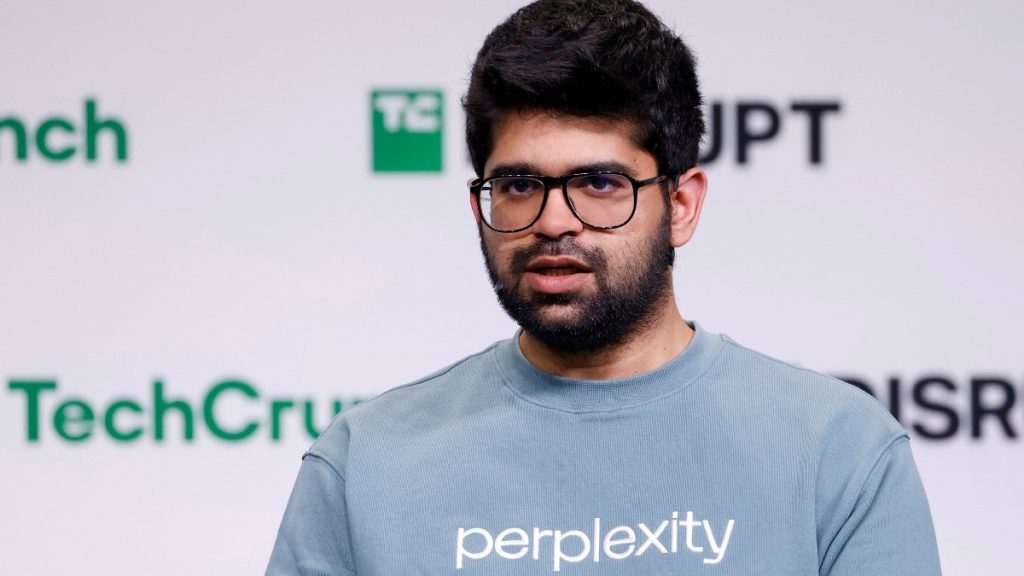India knows how to use AI — but that alone won’t make it a global leader. The real test, says Aravind Srinivas, founder and CEO of Perplexity AI, is whether Indians can build what doesn’t yet exist. On a recent episode of Raj Shamani’s podcast, Srinivas laid out a powerful call to action: stop chasing productivity shortcuts and start creating scalable, AI-first businesses.
“I hope the usage goes beyond just identifying cheat codes to get work done faster,” he said. “Figure out side gigs, earn more, raise throughput… and if enough people start doing that, average income rises, and GDP goes up.”
But the bigger goal, he added, should be product-driven value creation. “Can you build something that doesn’t exist yet and get it into the hands of 100 million people — here or globally? That’s how we create new market cap, employ people, and lift incomes from scratch.”
Srinivas believes India’s AI opportunity lies in three high-impact sectors. Healthcare can benefit from AI-powered agents that interpret diagnostic reports and assist doctors. Software development, especially among freelancers and small firms, can now scale dramatically using code-completion and automation tools. And in financial consulting, AI can analyze portfolios, track stock-related news, read analyst reports, and give everyday investors access to insights once reserved for elite clients.
“Everyone wants to make money,” he said. “AI can do the heavy lifting — you just deliver the value, take a cut, and scale it.”
However, he didn’t sugarcoat the downside. Call centers and dev shops relying on repetitive tasks are at risk. “Voice agents are improving fast. Whoever’s running those businesses should disrupt them first — before someone else does.”
Still, Srinivas emphasized that disruption doesn’t have to mean destruction. “Use the extra margin to reskill people for new kinds of jobs.”
His core message is unmistakable: India’s AI revolution won’t be won with hacks. It’ll be won with products,

